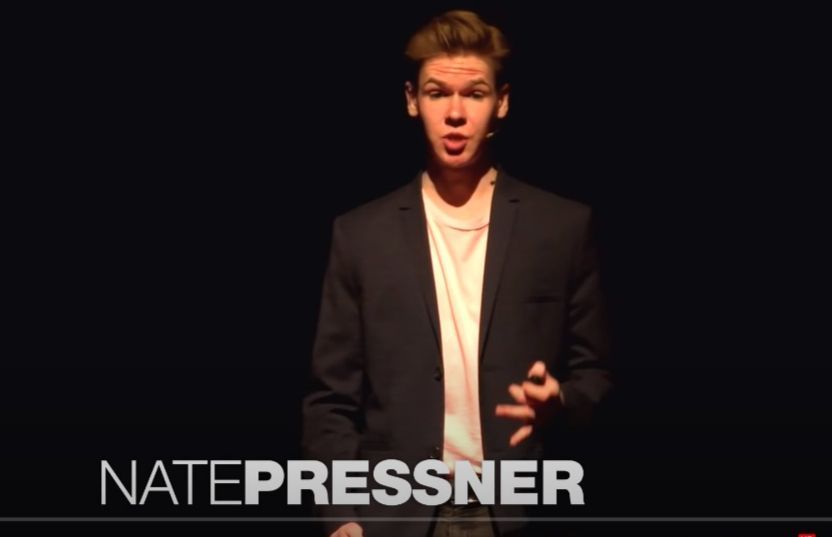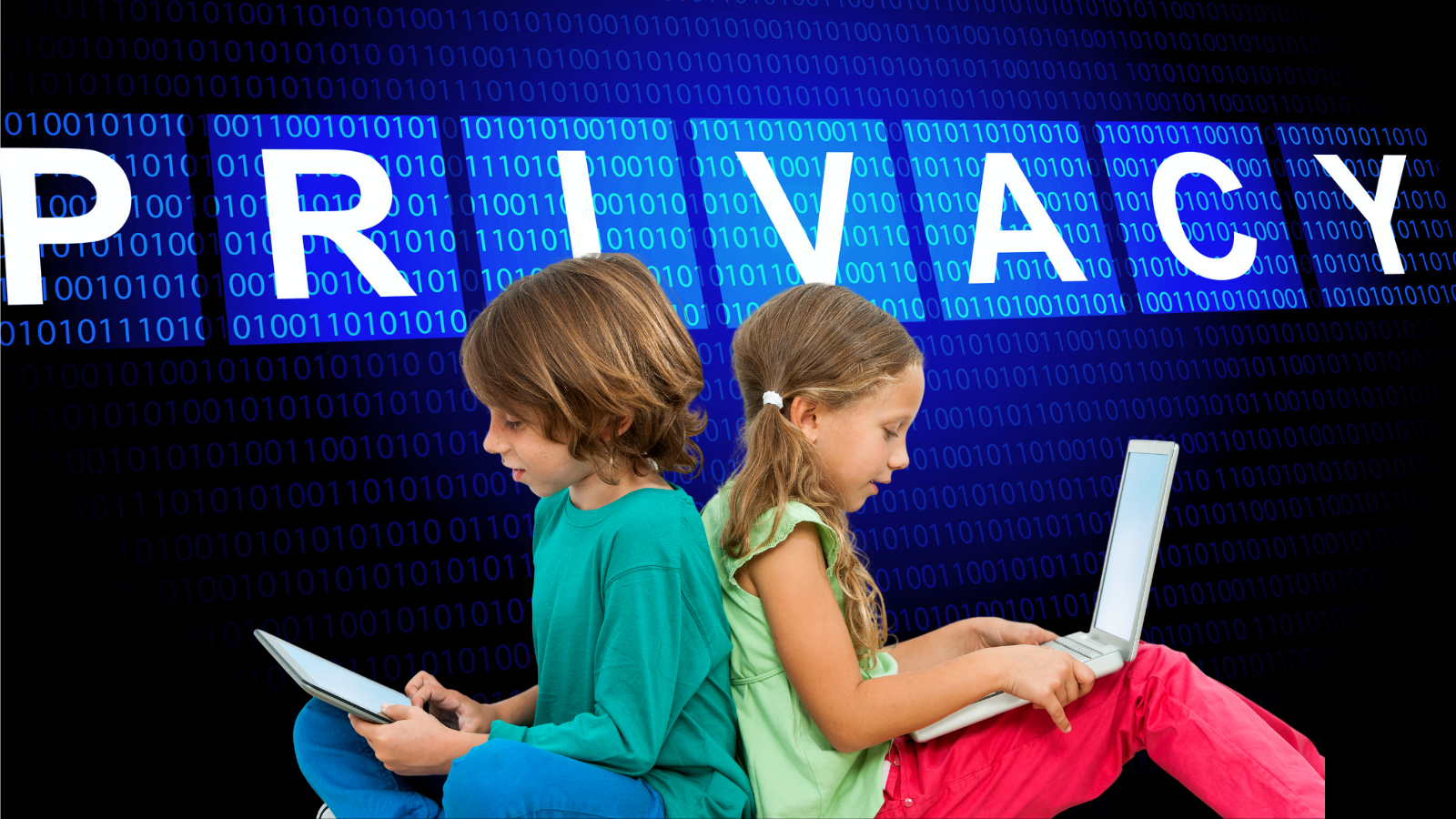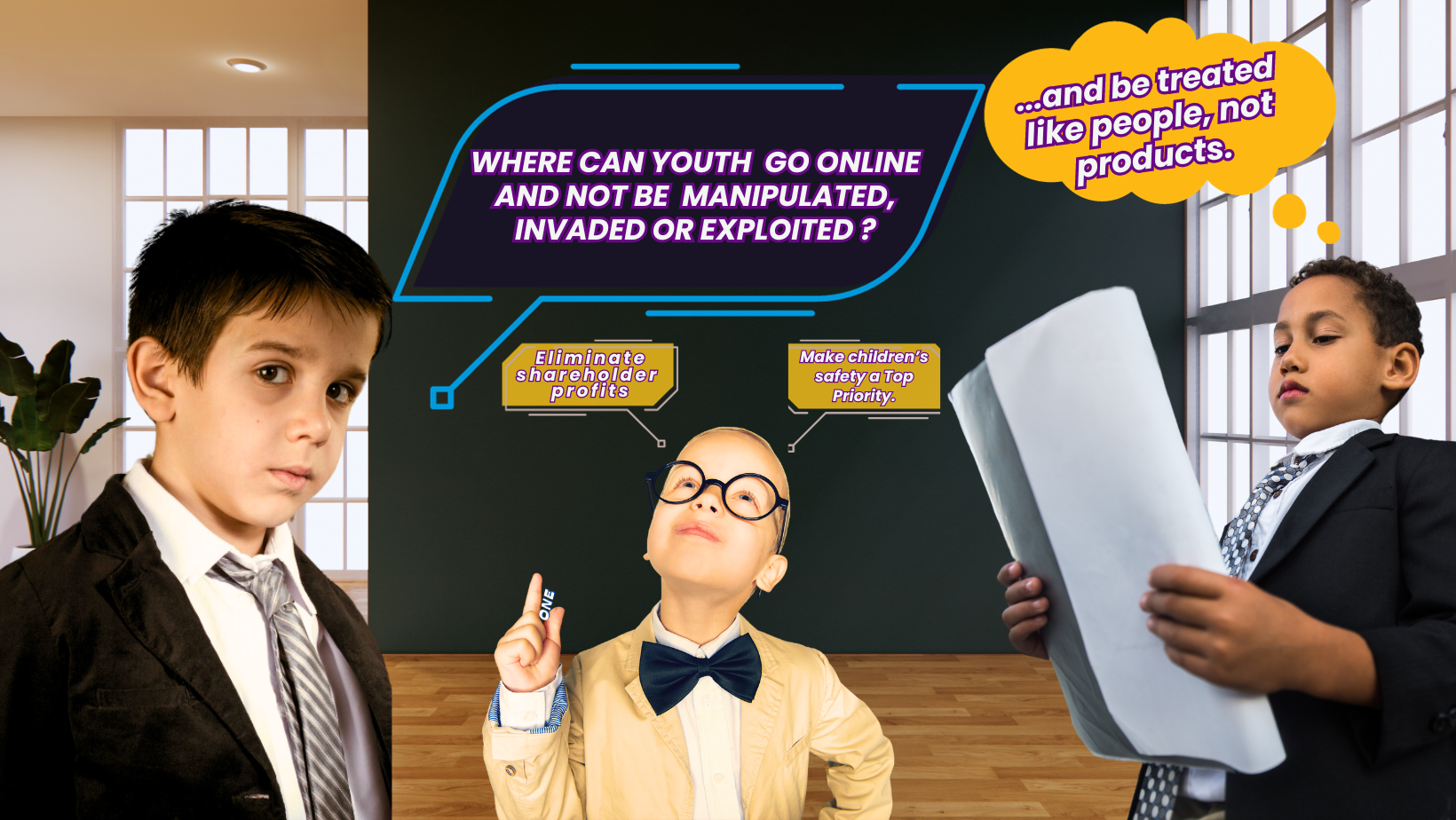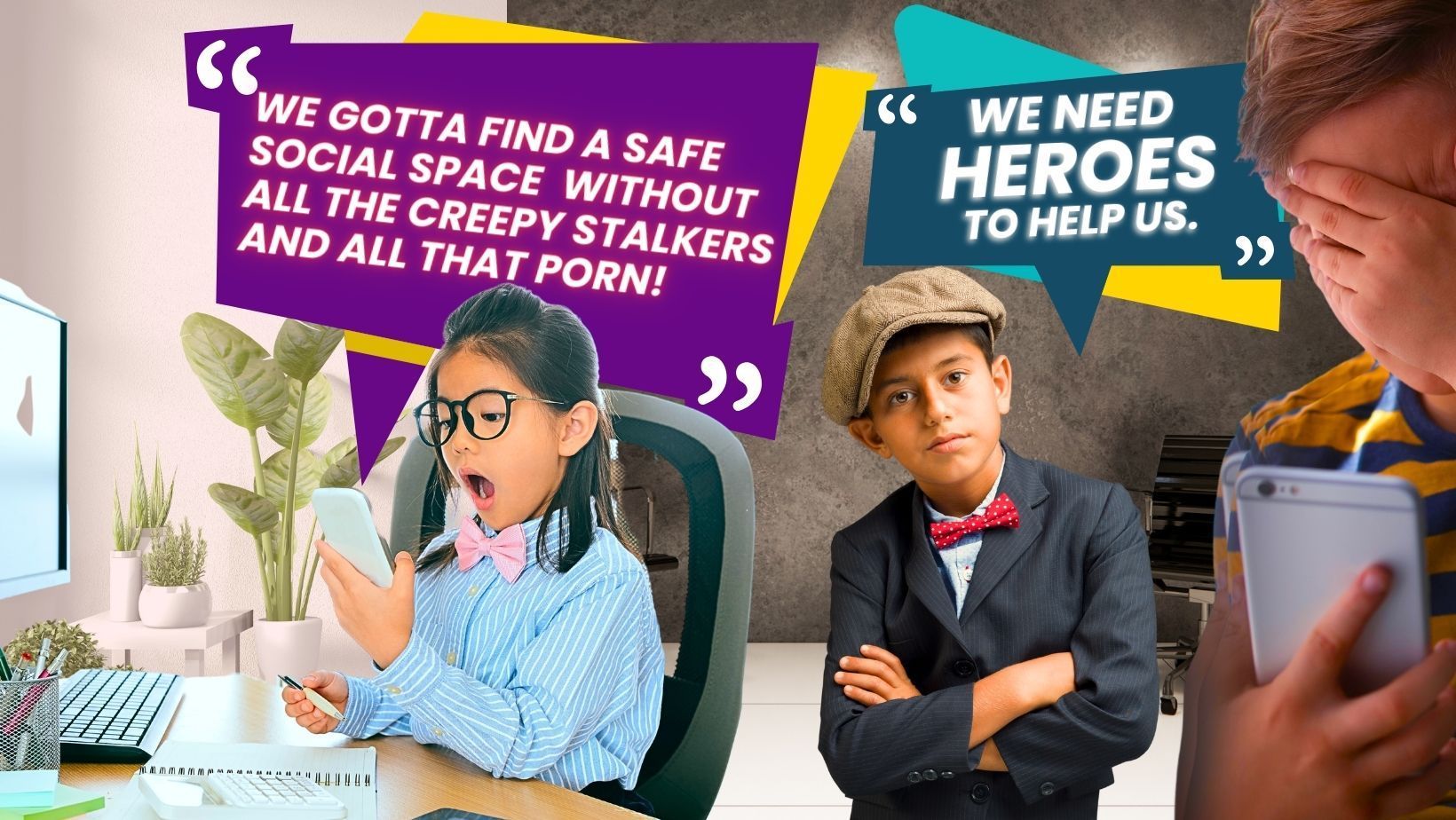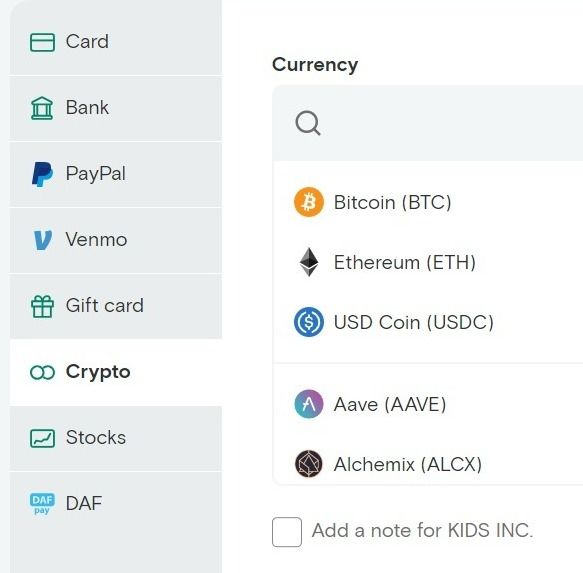KIDS INVADE INTERNET. TECH COMPANIES FALL SHORT.
175,000 KIDS GO ONLINE FOR FIRST TIME. 40% OF NEW INTERNET USERS ARE CHILDREN.
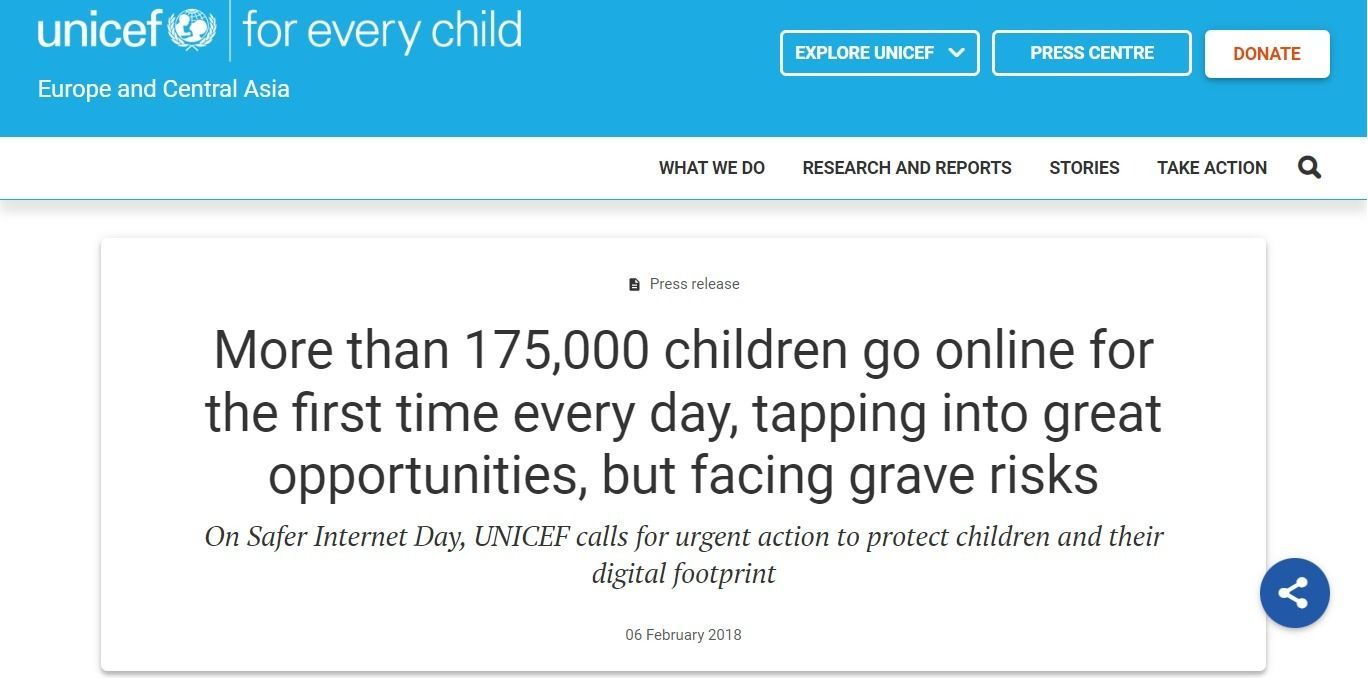
Everyday, more than one-hundred-seventy-thousand children go online for the first time.
In 2018, more that 40% of new internet users globally were children.
According to Kids Digital Media, a report conducted in 2019 showed that the global kids digital advertising market will grow by more than 20% per year between 2018 - 2021 bolstering the worth of the kids advertising biz to be around $1.7 billion by 2021.
But advertising to children is problematic. YouTube continues to be legally reprimanded for tracking kids and serving up ads. [ Owned by Google, a tech giant, you'd think they would have experts consulting them on children's programming. YouTube along with Facebook, Apple and others, were not slow to hire consultants, psychologists and scientist to design platforms that are neurologically addicting by serving up hits of dopamine to users brains.
Children's content creators on YouTube have likely seen a 50% to 90% reduction in revenues after the platforms most recent changes to 'protect children', in response to a $170 million settlement with the FTC and New York Attorney General for violating COPPA, by using cookies on kid-directed channels to track children across the internet, without parental consent. Now YouTube is being sued for $170 billion for tracking kids under age 13 in London.
CHILDREN ARE TRACKED ACROSS THE INTERNET
Tech companies were invested in heavily but not just for high priced exits, or the function of the technology, but for the profits in tracking, capturing and selling user data, regardless of age.
Silicon Valley invested over $98 billion in 2018 for funding R&D by major tech companies. Yet, representing less than one percent of all tech investments, Kidcos only received a mere $500 million, according to Crunchbase.
The internet is about to be overrun with kid usage much more than adults.
The world is rapidly changing and kids are dominating. Big tech companies missed the mark by not having a kid focused strategy. They lack the expertise to create a proper ecosystem for children. Considering most tech startups were started by 'kids' themselves, it's understandable. Odd as it may seem, tech companies don't speak or understand the language of the kids industry. That too is understandable. Before software was invented, the term C# was only known as a music note a half step above C. Today it's also a software language.
The inability to communicate (even though the words are English) creates a gap in understanding. Lacking the desire to communicate with those who could easily partner with them to lesson the curve is immature. Lacking the desire to put real children ahead of fleeting financial gain is a testament to the values of society at large.
For children's content creators, this is actually a good time, if they can ride out the storm.
There are two distinct changes happening right now to improve several issues for kid/family content creators.
In brief, there's legislation and current market forces. Legislation will soon mandate technology platforms to
have a chief children's officer, required R&D levels for kidtech, and a parental quota for product development
and user platforms.
The driving force in the market is clear. Disney, Netflix, Amazon, Apple and others, are investing heavily in
kids content. There are also structural disruptors that started with desktop browsers and mobile.
The most prominent market driver are children themselves transitioning quickly from linear television to online.
This creates huge opportunities for those aligned with solutions that will help to minimize the problems inherent with this migration of kids to the internet. It will require a new level of consciousness for those at the helm of child focused companies.
Solution based companies will be needed for a host of services such as family online security, children's data protection, children's privacy rights, virtual private networks for safe untracked surfing, hacking/virus/malware protection, parental controls and more.
Add to the list important 'advanced safety prevention education' solutions, children should be required to learn so they understand dangers and risks in their own language. They must be taught how to navigate the digital jungle to mitigate unsafe and unhealthy experiences when they are online. Kids need guidance and consistent reinforcement. Many parents do as well.
Children have more power in the palm of their hand than past Presidents of countries.
Technology is taken for granted. Parents are quick to park a child in front of a tablet or computer screen for hours, without any thought to what's happening in the child's brain or any consideration to what might pop on the screen.
A growing number of parents will place their smartphone into the hands of their babies and toddlers [which at some point will end up in their mouth] with apps to entertain/distract them, without the slightest understanding of the potential hazards, especially radiation. [ Cellphones come with instructions stating they are never to be placed against the body, but held 2 inches away.]
Young children are given smartphones for 'what a generation assumes' to be convenience. Many parents are opting to give their young child a smartphone with gps or gps wristwatch to 'know where they are' when not at home.
Unfortunately, they were never educated to fully understanding the potential risks that accompany such actions. In brief, every smartphone is tracked and all data is collected, stored, traded and sold. So parents,... you aren't the only one who knows where your kids are when these tech gadgets are turned on.
Educating both parents and children on internet safety and best practice is crucial now more than ever in history, but who designs such curricula? We suggest the nonprofit community. Those with a stake in the health and well being of children, unlike those that are in it for profit and manipulation. Nonprofits design it and make it available to parents and school districts. History proves, it's the safest way to go and a good starting point is Common Sense Media.
Sidenote: Kids that are making money online also need protection just like professional child actors. Legislature needs to be passed to mandate a portion of a child's online revenue goes into a trust with specific ages for gradual release. Parents should only have access to 15% while the child is working. The rules should be similar as those enforced by the Screen Actors Guild (SAG).
Kids and teens need good edutainment and an ongoing supply of it. The current offerings available are mindless. Content creators that are passionate about creating quality content that includes some type of education will rise to the top as parents continue to crave and demand it for their children.
One thing for sure, right now viewership habits are changing. Now is the perfect time for new kidtech platforms and kid focused edutainment to emerge. Of course, don't expect funding to by way of Silicon Valley.
# # #
KIDS INC BLOG
We Appreciate You!
STAY SAFE!
SPONSOR RECOGNITION
Thanks for the support!




CONTACT
KIDS INC.
PO BOX 40476
Denver, CO 80204
Subscribe To Newsletter
We will get back to you as soon as possible.
Please try again later.
copyright 2018-2024 KIDS INC. all rights reserved.
EIN 84-1139356 contact: admin@kidsinc.cc




